Poetry Is a Tunnel, a Forest in the Human Heart
As I move down the streets,
where the fog from the sky melts
with the dust, the streets become hazy….
And this reminds me of my own soul —
The perennially hazy evening that my soul is.
I still remember the afternoon when one of my boisterous uncles, perhaps out of concern, said to me, “you stay too silent all the time.” As was expected of me, I responded to his remark with a silent face. I have had the good fortune, or as some would say, the great misfortune to grow up in the lap of the Himalayan Mountain. Having lived with the blue mountain, I have something of a mountain in me. First and foremost, I embody its vast silences: dull and sometimes boring silences. Mine is not the silence of a sage lost in deep contemplation, it is silence pure and simple; it is the silence of an observer, of a man who lives as a guest at his own home, of a man who is condemned to live in exile even in his own city. It is the silence of a despicable modern man who reads too much, and whenever he wants to utter anything, finds others speaking through his mouth.
Having spent my childhood in mountains, I am fond of the simplest things. I like watching how red butterflies hover over wild yellow, white and purple flowers against the backdrop of milk-white Kanchenjunga, how they shiver when a whiff of wind hits them. I like sitting on a rock for hours surveying the blue mountain before me, hearing the cries of children arise from the village below, hearing them as one hears while one is half asleep. Seated on a cliff with rosy sun before me, I like thinking about Nietzsche’s metaphorical anti-hero Zarathustra, how he spent years inside an isolated cave on a hill before he descended on the earth like a season or, as some would say, like a plague. I like thinking about my own soul, how when I had first read him at poorly lit rented apartments in Delhi and in Jodhpur, I had felt like a fish with gills hooked to a s-shaped pin.
I like recalling the anxiety-ridden evenings that I had spent at Aligarh, the isolated and foggy evenings when I sat inside my hostel room observing occasionally the silhouette of my own shadow on the wall, as I furiously wrote in my notebook under the dim yellow light of the candle – notes, poems, meaningless scraps of philosophy, prophetic comments on my dull and stupid university that I would later throw out of my window. I like watching the grape-shaped dew spread over the carpet of green grass, the melancholic white smoke arise from a solitary peasant’s hut. I like speaking to young Nepali boys who attend schools with such poetic names as Spring Dale Academy.
Having been a traveler for almost my entire life, I don’t like traveling with people who carry their filthy city with them wherever they go. (I recall a comment that I made in my notebook; it read: “Some people are not meant for travel. To travel means to enter into the deepest labyrinth of the self; it is to unravel the secrets of the self, and those idiots who do not understand this must by law be forbidden to leave their own homes”). I don’t like talking to anyone while I am observing the slanting slopes of dark green hill traveling toward the flat land, spotting manor farm with brown cottage and black piglet located on the edge of the slope. I hate people who, after they have reached such paradisiac places, can think of nothing better than to get drunk and dance like animals. I hate people who tell me that “after a day or two, I find hills boring.”
In the hills one wakes up early in the morning with a deep blue sky and silver Kanchenjunga hanging like a picture on the transparent window. While you stand at the verandah and see the mountains (to find if everything is still the same) the silence is broken by the cries of roosters and barking of street dogs. But life in places such as this remains difficult: a man has to earn each day, each hour is a gift he bestows on himself. When one lives in such soothing altitude, there remain two possibilities: one either becomes a sage — and this happens effortlessly — or one ends up as a village idiot. Man here is compelled to converse with himself. Why can’t I live always? Why do I have to die? One asks questions no book can answer. When a man lives here with such questions, it is common for him, in the course of time, to become a book.
For D.T.
Editor’s Notes: Imtiaz Akhtar is the author of Kafka Sutra, a collection of short stories. Photographs one, two, three and five by Rajesh; four by Proxygeek, six by Carsten ten Brink, and seven by Mike Behnken.
Related Articles


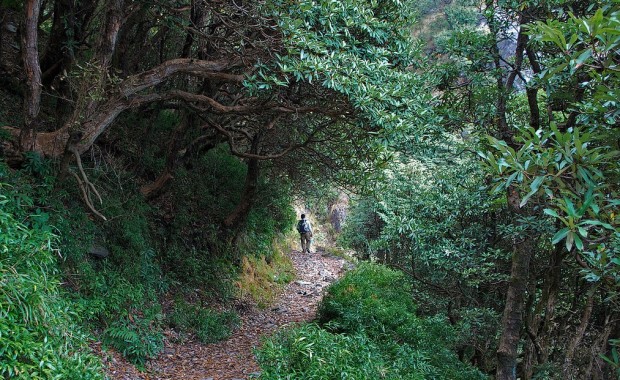
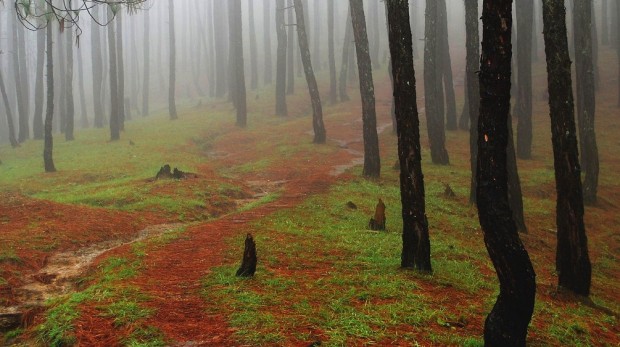
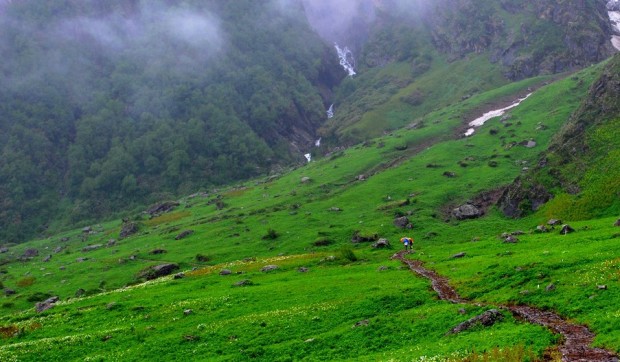
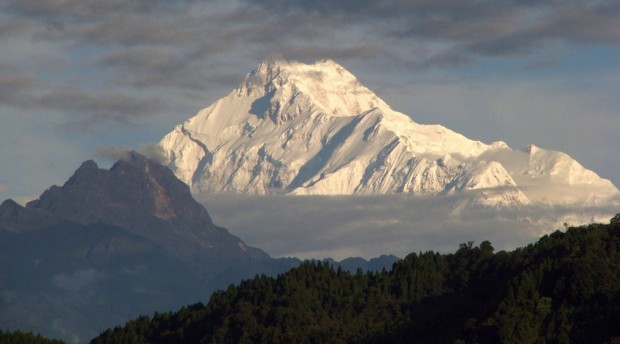
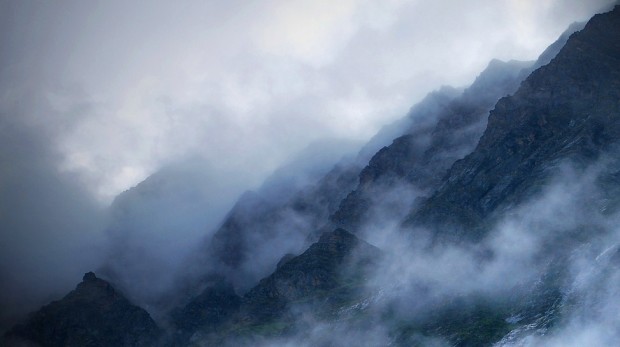
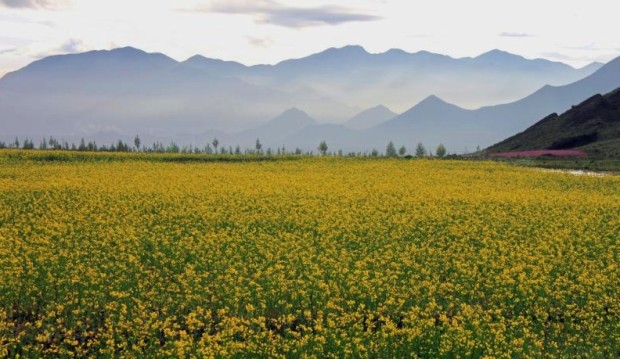
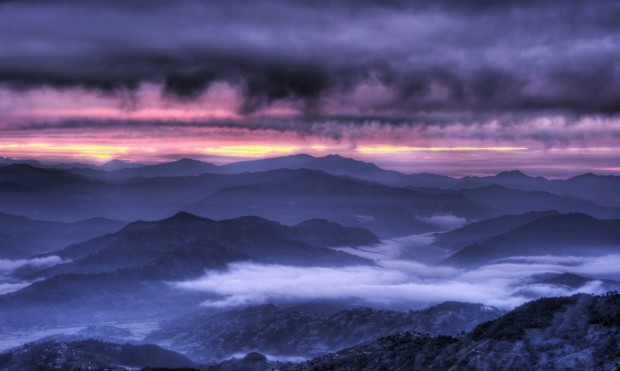











2 Responses to Poetry Is a Tunnel, a Forest in the Human Heart
You must be logged in to post a comment Login